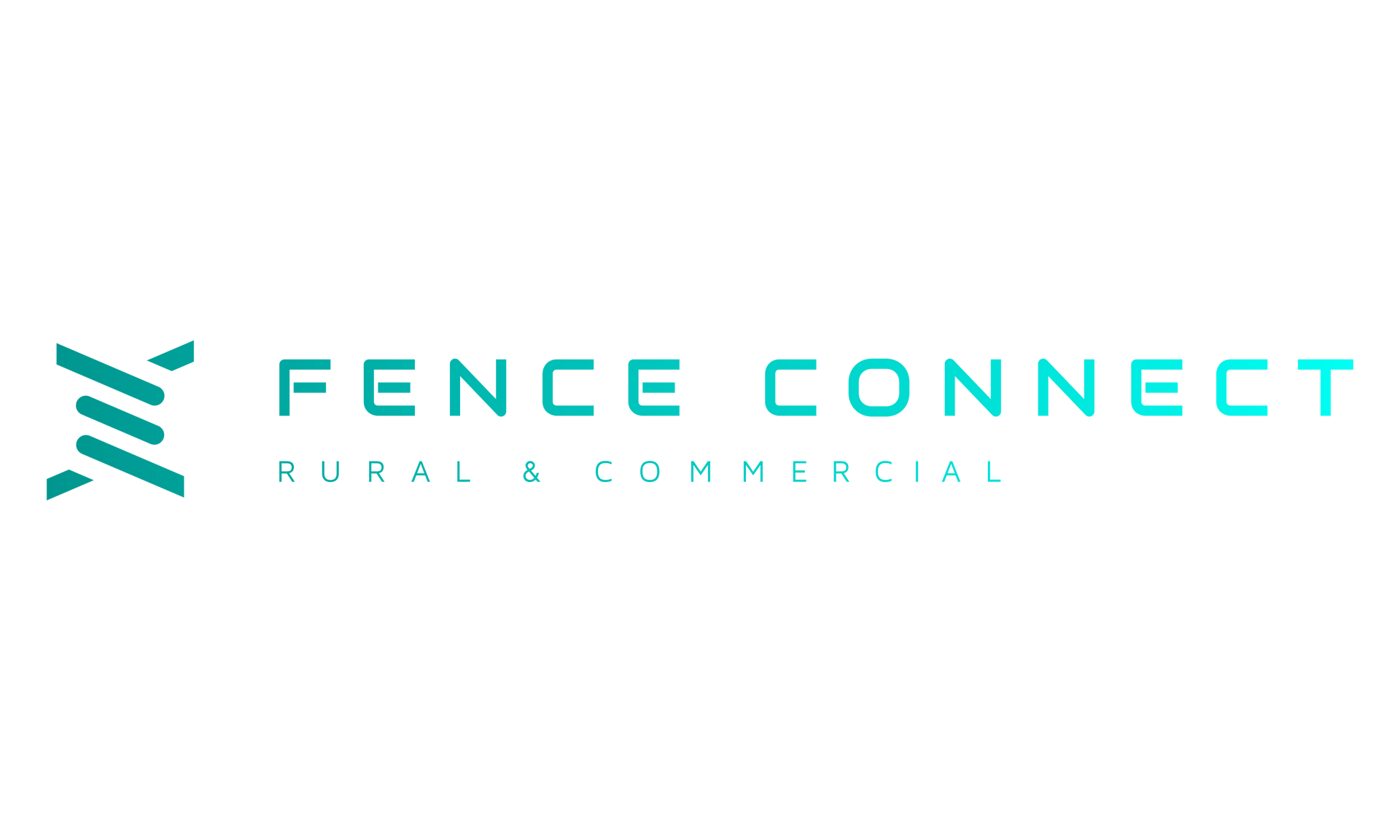Frequently Asked Questions
Here are some common inquiries we receive, which may provide you with valuable information. Remember, we're always just a phone call away if you need further assistance!

What is the cost of rural fencing?
The price varies based on the type of fence you choose, as different materials and labor requirements can significantly influence costs, along with the overall size of your project.
How soon can rural fencing be completed?
This largely depends on the type of fence you select; for instance, a pine post fence with high tensile wires can be installed much more quickly than a more complex structure. Generally, opting for a simpler design proves to be more economical, although it still needs to be appropriately suited to its intended purpose.
What fencing is best for cattle and sheep?
For cattle, we suggest using 6 to 8 strands of high tensile wire, complemented by two or more electric wires or 6 strands of barbed wire. When anticipating higher pressure from the cattle, pine posts can be installed with closer spacing, particularly for areas such as bull paddocks. For sheep, it’s essential to incorporate barbed wire alongside ring lock fencing to ensure they are securely contained, which involves a more labor-intensive setup with clipped belly wires to maintain the integrity of the ring lock.
What is the best fencing option for horses?
Horses tend to be more prone to accidents compared to other livestock, necessitating fencing that minimizes the risk of entanglement. An example is southern wire equine mesh with a top rail for added strength and visibility. We also incorporate poly-protected stay rods, as seen in the images, to prevent legs from getting caught between the stay rod and the mesh. Additionally, polymer fencing, which utilizes plastic strapping instead of mesh—like Duncan Equine Fencing Products—is also a favored choice.


